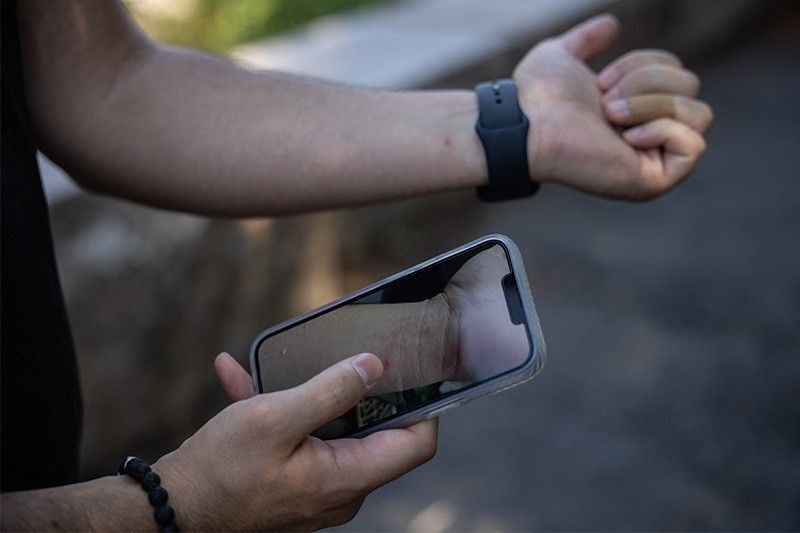DOH looking at requiring travelers to remove jackets to screen for monkeypox

MANILA, Philippines — The Department of Health is looking at requiring travelers to take off their jackets upon arrival in the Philippines, among others, in an effort to deter the spread of monkeypox in the country.
At the Senate health and demography panel’s first hearing with the health department on the pandemic situation in the country, DOH officer-in-charge Maria Rosario Vergeire said that this suggestion came as a result of the department’s talks with the Bureau of Quarantine on how else to prevent the entry of monkeypox in the country.
“But definitely, closing our borders is not part of our recommendations as of this time...right now, the risk is very low in the country for this type of disease,” Vergeire also told lawmakers.
“For monkeypox, you need direct contact with an individual who has lesions already, and you will get infected,” she also said.
Vergeire added that the DOH’s position was that monkeypox does not require mass immunization across the population. This is because, she said, existing vaccines are for pre-exposure and post-exposure cases.
“The only ones who need a vaccine are those who were directly exposed and those who are vulnerable to the disease…those are our targets at the outset compared to COVID-19, where we need to vaccinate the entirety of the population to build a wall of immunity so transmission can stop,” she said in mixed Filipino and English.
The DOH earlier said the Philippines may get access to monkeypox vaccines by 2023.
The department disclosed that first and so far the only case of monkeypox in the country has also already finished his isolation period of 21 days, after which he was cleared by health practitioners for discharge even without a vaccine. His lesions had also already healed.
According to the DOH OIC, the Research Institute for Tropical Medicine has since been capacitated to process some 1,000 samples per day for Monkeypox. The health department is also in the process of stretgening other hospitals in the regions to do the same.
- Latest
- Trending































